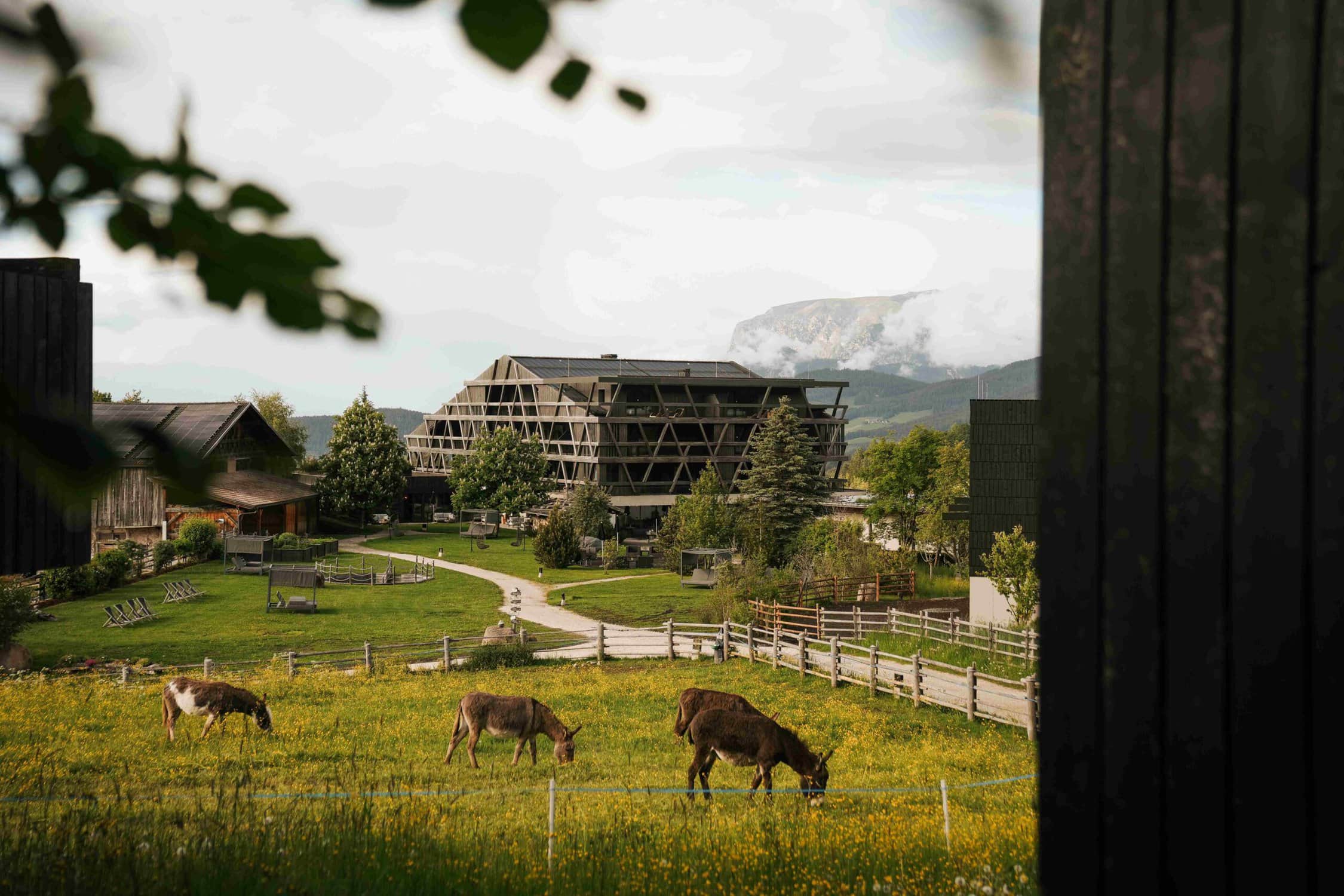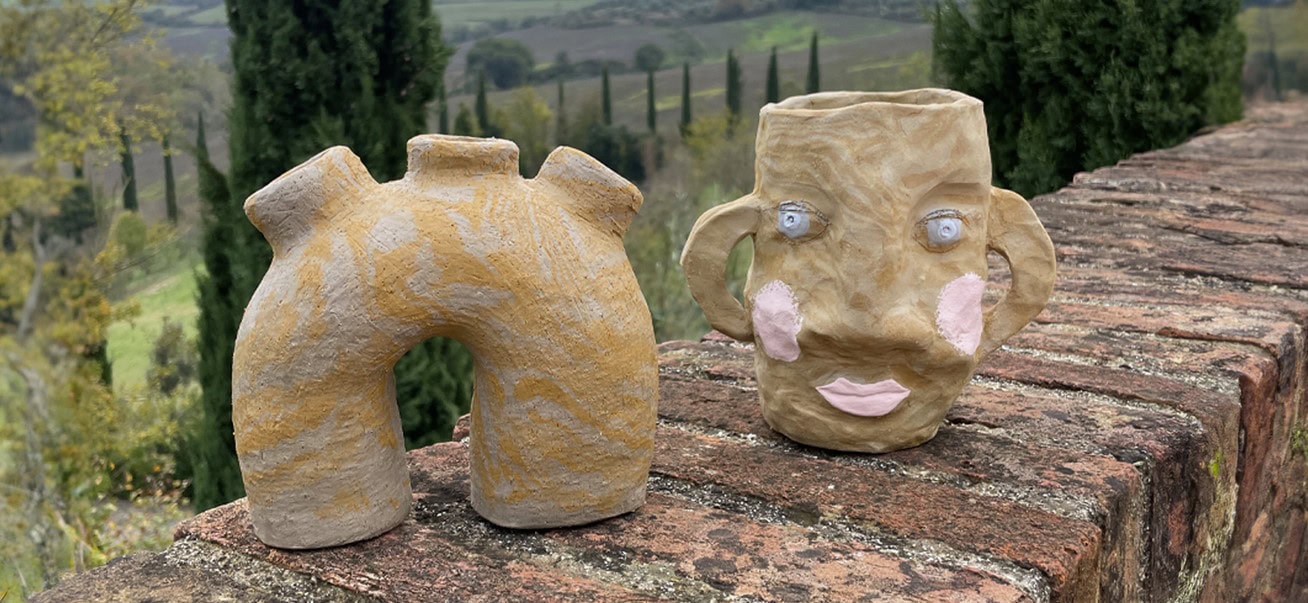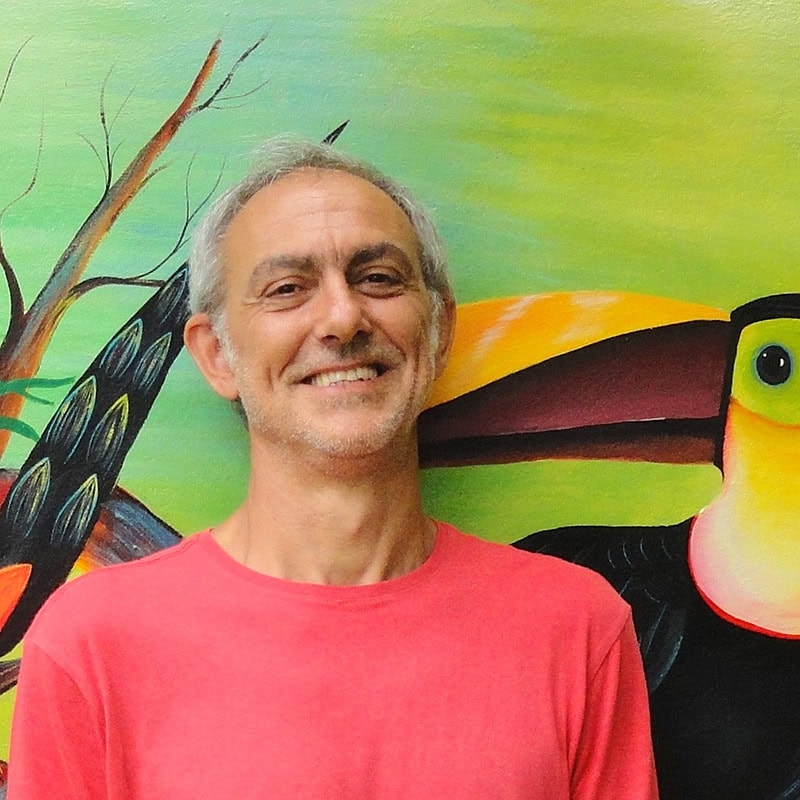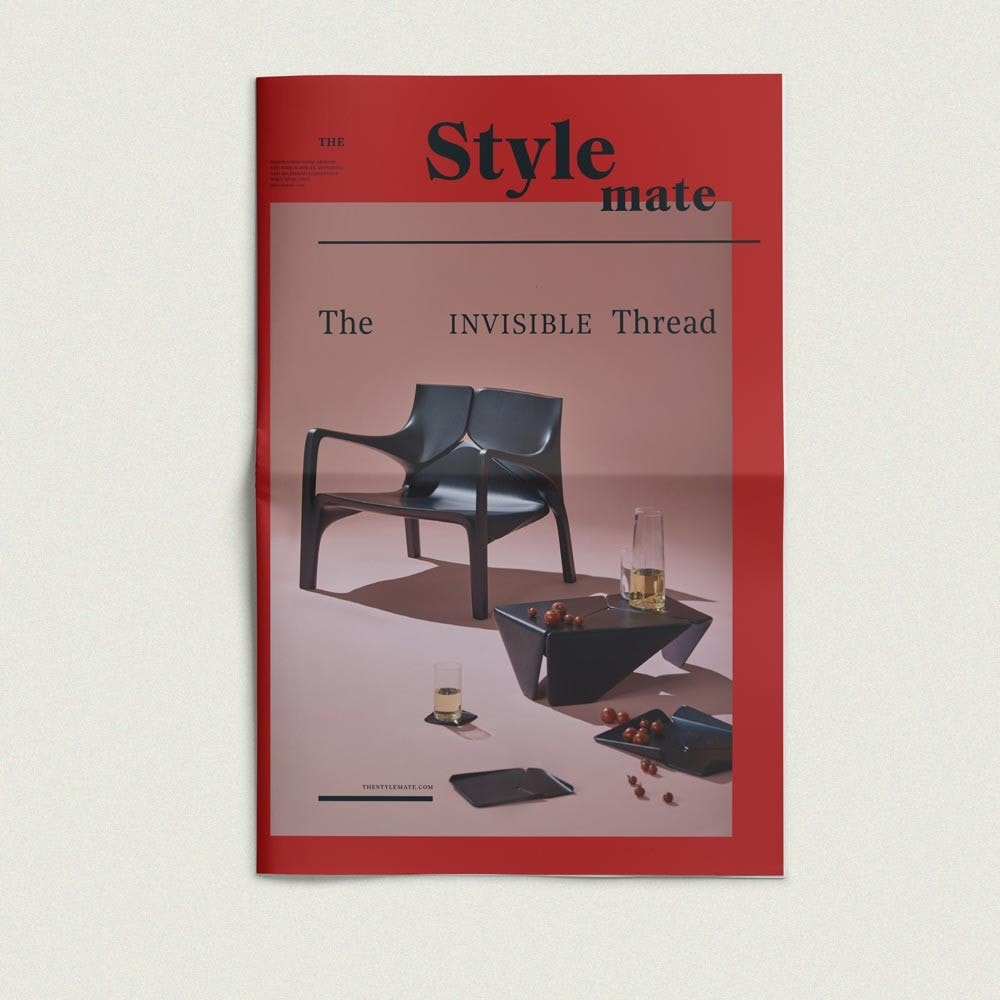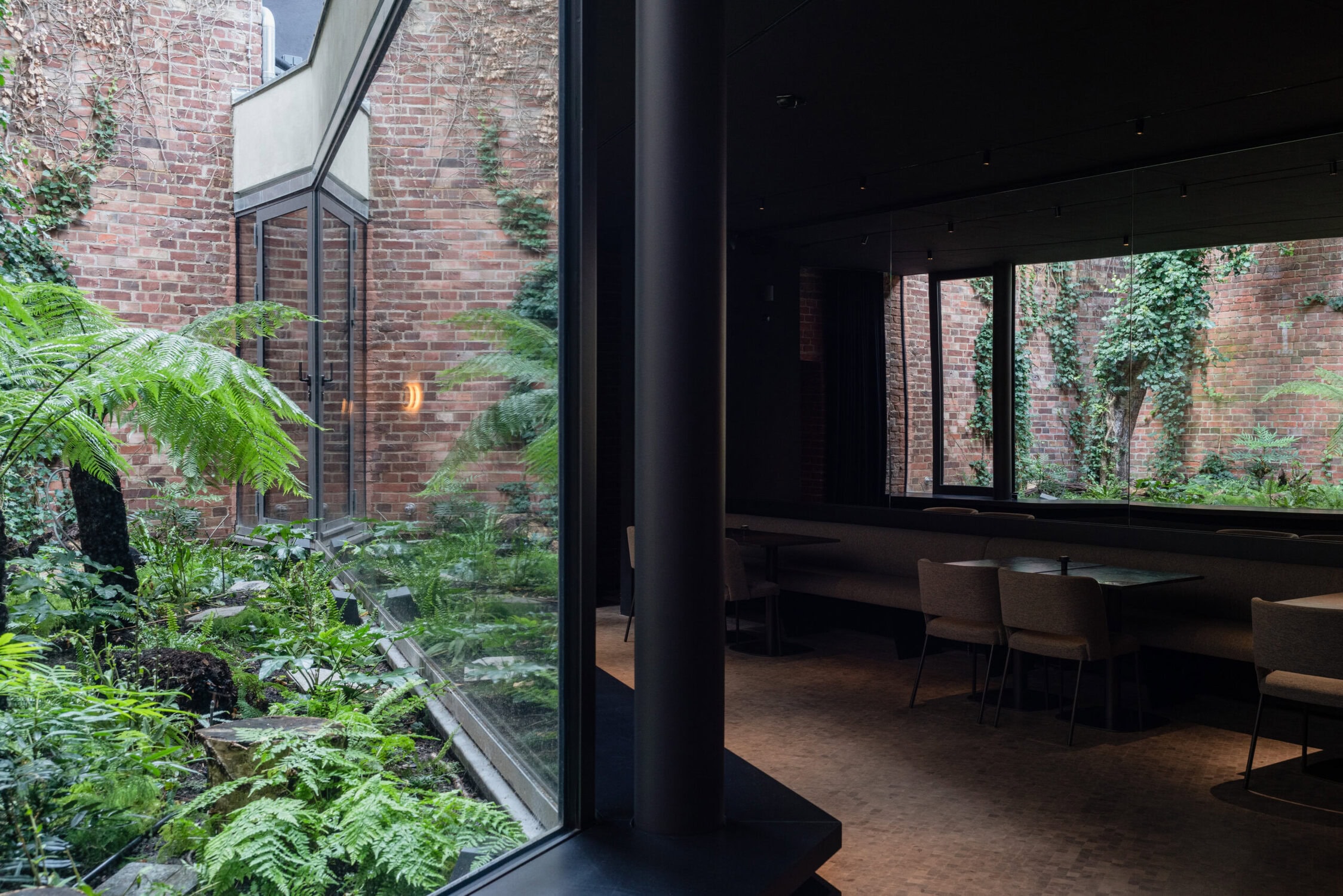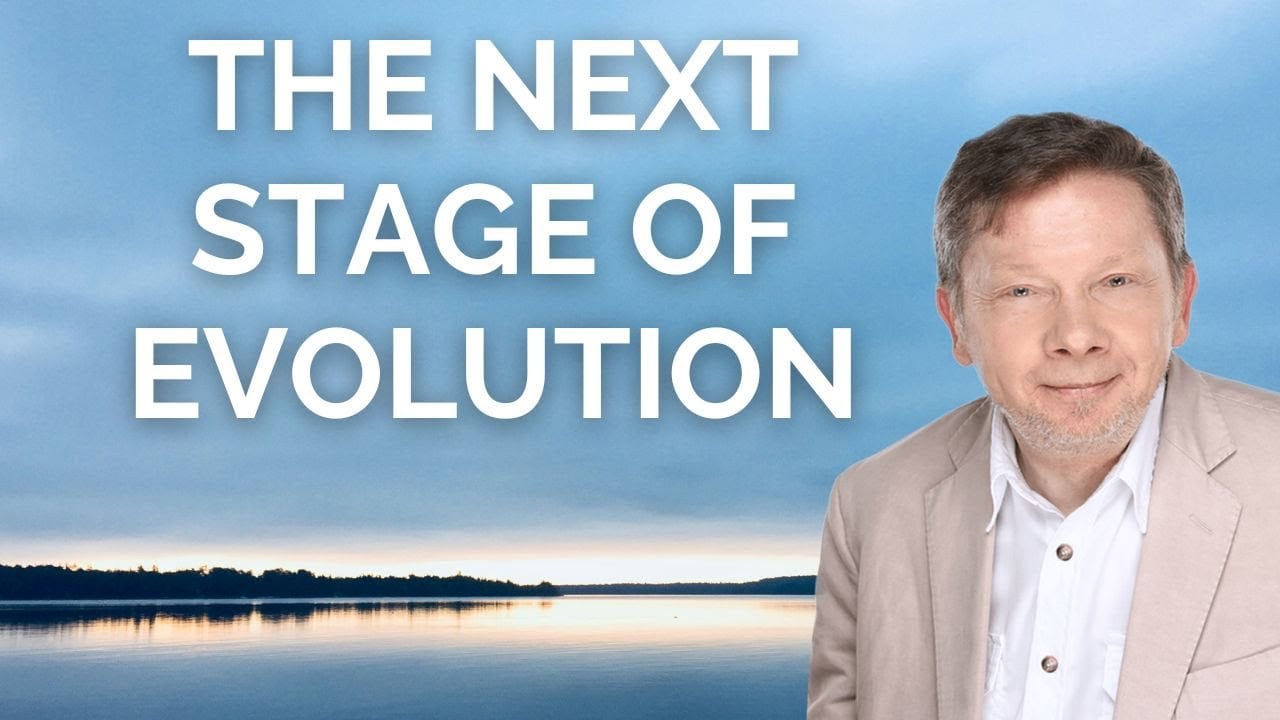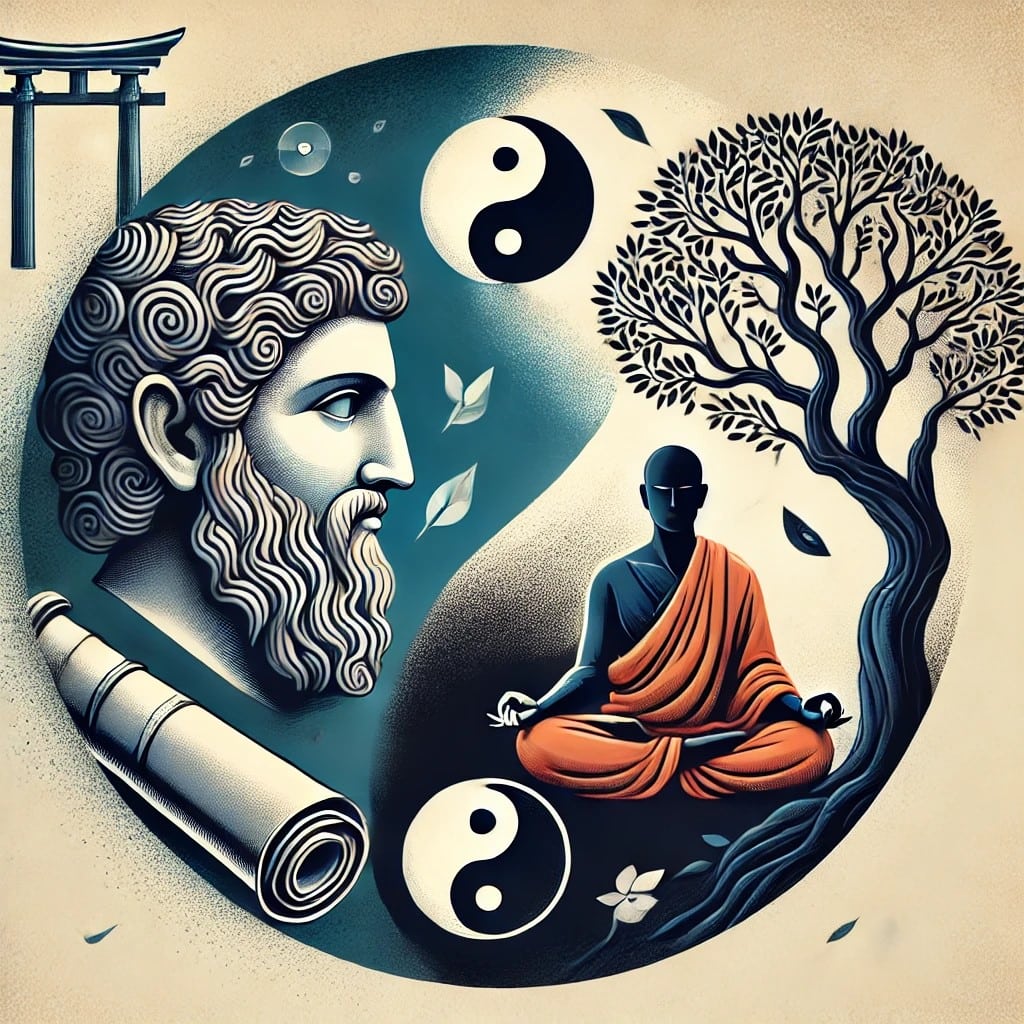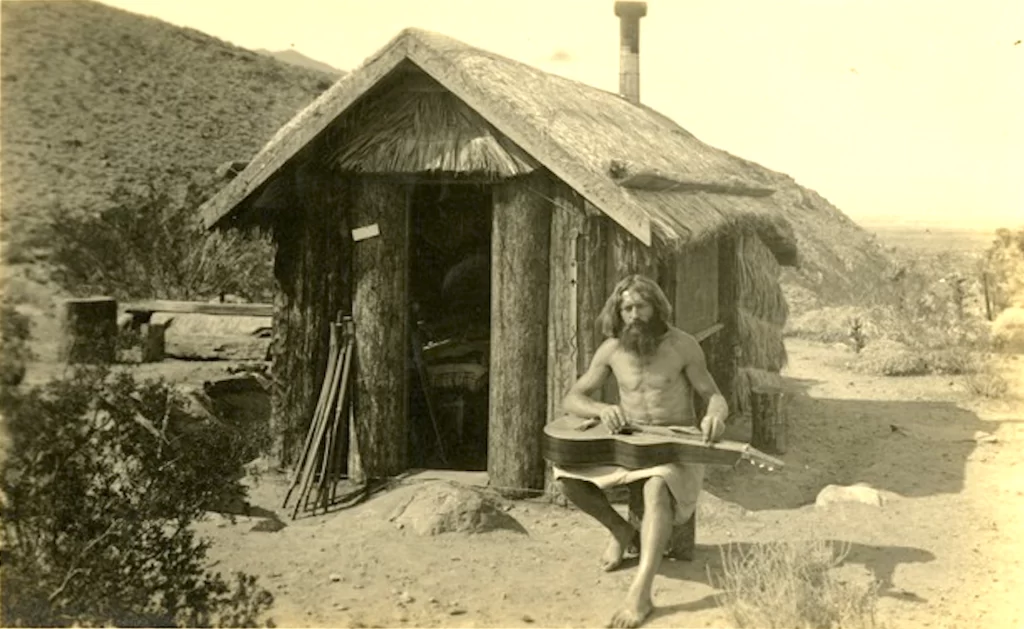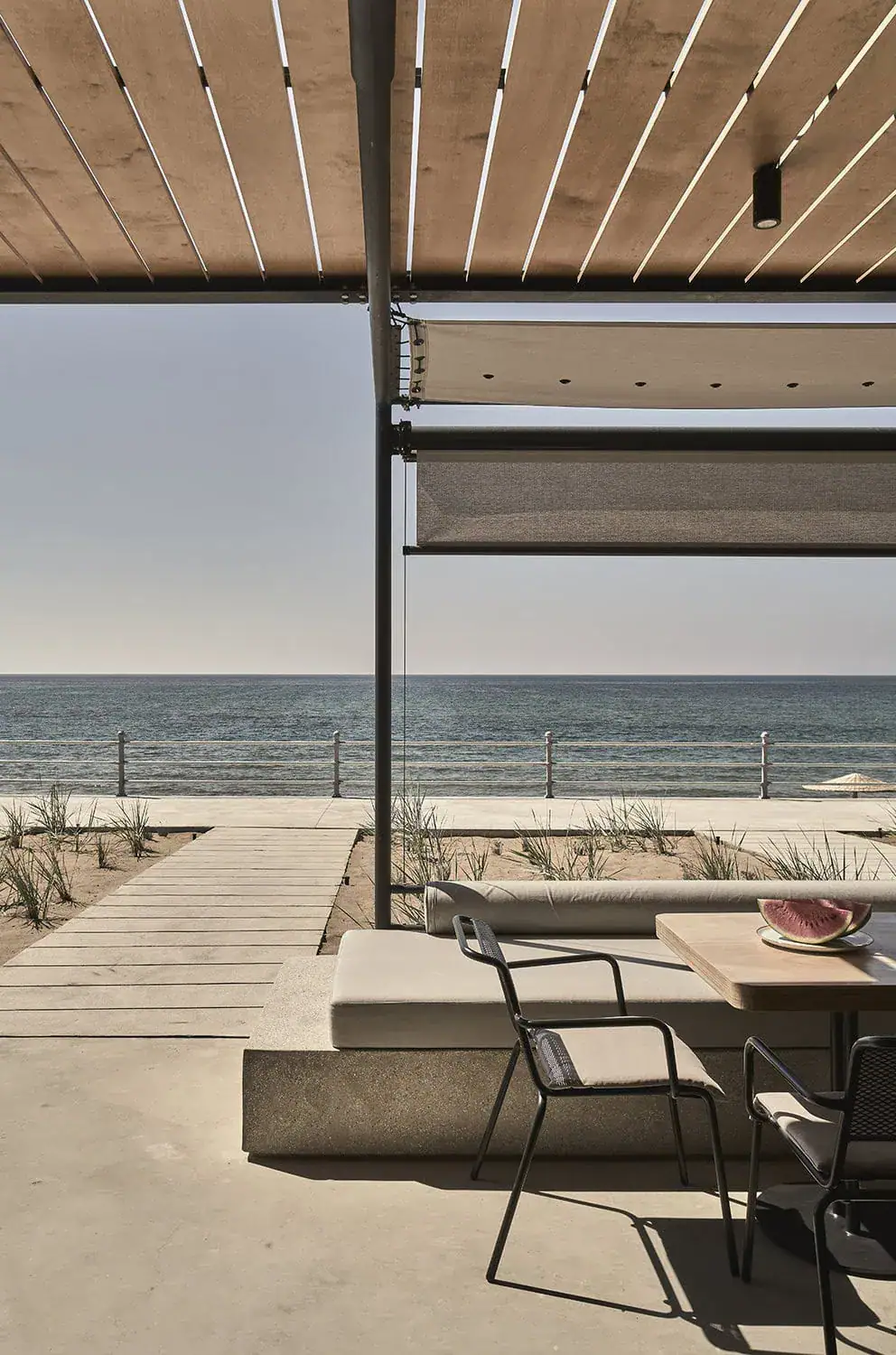Those who find themselves surrounded by greenery often feel it instinctively: this is where I belong. As the harmonious center of the color spectrum, green unites the calming power of blue with the energy of yellow. It symbolizes nature, soothes the mind, and at the same time inspires inner growth. If longevity had a color, it would likely be green.
Against Iceland's rugged landscapes and fly-fishing tradition, Valentin Meneveau celebrates community rooted in nature and the beauty of simplicity
Nestled in the rolling hills of Tuscany, surrounded by cypress trees and olive groves, lies Villa Giuncheto – a sanctuary of tranquility and inspiration. Here, the Clayground Retreat takes place, offering a unique experience that blends art, mindfulness, and nature. Artists Anna Riess and Fira Rietveld have developed a concept that unites the creative process with a deep connection to the earth. The goal is not to create a perfect piece of art, but to fully experience the moment – with hands, heart, and all the senses.
In an era where urbanization distances us from nature, Marco Nieri, a bio-researcher and expert in eco-design and habitat health, has dedicated his life to rediscovering the profound connection between humans and the natural world. His work is not just a scientific exploration—it is a mission to reconnect people with the healing potential of nature, blending biophysics, ecology, and ancient wisdom.
Even if we live to be a hundred – a human life remains a fleeting moment. For a house that has stood for centuries, it is little more than a breath in the passage of time.
Inspiration from around the world for an aesthetic and mindful lifestyle
The new issue of THE Stylemate invites you to explore the invisible threads that subtly connect people, cultures and ideas. On 40 large-format pages (A3), you’ll find a carefully curated mix of philosophy, art, design, travel, and lived mindfulness.
Berlin-Charlottenburg has undergone a fascinating transformation in recent years: once known as a bourgeois district, a creative and cosmopolitan scene has emerged around Kantstraße. Here, art, gastronomy, and urban lifestyle blend in a unique way – and right in the middle of it all is Hotel Wilmina, a hidden gem that serves as both a retreat and a source of inspiration.
Eckhart Tolle on the Next Stage of Evolution "When a sufficient number of humans have gone through this incredible shift in consciousness, the world that they create will look very different from the world that is created by humans who are completely identified with thinking." So says Eckhart Tolle in this inspiring video sharing his vision of the next stage in human evolution.
The Mercado Nicolás Bravo is more than just a market in multiple ways. Designed by AIDIA STUDIO, the project is a social initiative that provides the local community with a platform to showcase their craftsmanship and skills. At the same time, it impresses as a striking piece of architecture.
A cinematic portrait of female strength, healing, and a deep connection to nature in Oaxaca
What is the meaning of life? How can we lead a fulfilled existence? These questions connect all humans—whether they come from Western or Eastern traditions. Yet, the answers that these two great schools of thought have developed over thousands of years could not be more different.
In the 1940s, a small yet influential movement emerged in sunny California: the Nature Boys. Inspired by a return to nature, alternative lifestyles, and philosophical currents from East and West, they lived a way of life that can be seen as the precursor to the hippie movement. Who were these pioneers of mindfulness and self-sufficiency, and what impact did they have on society?

